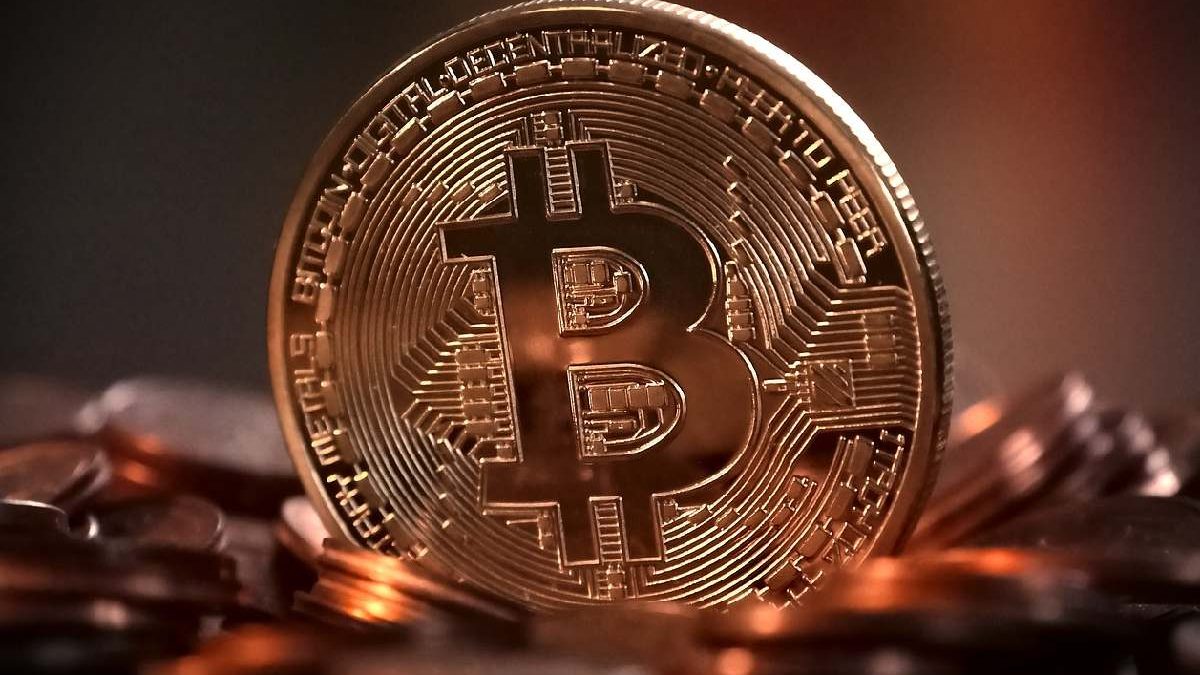Bitcoin (BTC), as a digital currency, was first proposed by Satoshi Nakamoto in 2008 and officially launched in 2009. It is a decentralized currency that does not rely on central banks or any government agencies for issuance or regulation. Unlike traditional fiat currencies, Bitcoin’s transactions rely on blockchain technology, which is the core innovation behind it.
Blockchain is a decentralized distributed ledger that ensures data security and immutability through encryption technology. Every Bitcoin transaction is recorded on the blockchain, and all participating nodes in the network jointly maintain this ledger. Therefore, anyone can verify the authenticity of transactions without trusting any single financial institution. This decentralized nature endows btc price with strong resistance to censorship and transparency, solving the trust issues that exist in traditional financial systems.
Blockchain technology is the core behind Bitcoin, which not only changes the way digital currency is traded, but also provides a new way of information transmission and storage for various industries. The decentralized nature of blockchain means that it is not controlled by any single entity, which has enormous potential for improving data security, increasing transparency, and reducing operational costs.
For example, in the financial industry, blockchain can achieve instant settlement and clearing, greatly reducing transaction time and lowering intermediary costs; In supply chain management, blockchain can ensure that every link from production to sales of goods can be traced, avoiding the occurrence of counterfeit and inferior products; In the healthcare industry, blockchain can be used to securely store patients’ health data, ensuring data privacy and integrity. With the continuous development and application of blockchain technology, its future potential is undoubtedly enormous.
Decentralized Finance (DeFi) is another major innovation based on blockchain technology, which provides users with financial services without relying on banks and traditional financial institutions through smart contracts and decentralized protocols. DeFi platforms provide various financial functions such as lending, trading, insurance, etc., and all transactions and operations are automatically executed by smart contracts, avoiding manual intervention and intermediary fees.
The rise of DeFi represents a trend towards decentralization in financial services, providing global users with a wider range of financial services, especially in areas that are difficult for traditional banking systems to cover. With DeFi, users can easily perform cross-border payments, asset investments, loans, and other operations, and the transaction process is faster, more efficient, and cost-effective. Moreover, due to the automated execution of smart contracts, DeFi greatly reduces the risk of human error and fraud.
The volatility of Bitcoin prices has always been a focus of attention for investors. The price of Bitcoin is not only influenced by market demand and investor sentiment, but also closely related to technological advancements. As more and more institutional investors enter the Bitcoin market, digital currencies are gradually becoming a part of asset allocation, further driving up their prices.
However, the fluctuation of Bitcoin price is not solely determined by market supply and demand, but is also closely related to the technological development of Bitcoin. For example, with the expansion of the Bitcoin network and continuous optimization of technology, transaction speed, fees, and security have all been improved, which has made more users and institutions willing to invest funds. In addition, the “limited supply” of Bitcoin is also an important factor, with a fixed total of 21 million, which gives Bitcoin some degree of “digital gold” attributes and further enhances its market attractiveness.
Bitcoin is not only a digital asset, but also represents a new idea – decentralization. The core concept of decentralization is to decentralize power from central institutions to individual hands, which poses a challenge to traditional power structures and financial systems. With the development of technology and the popularization of applications, the concept of decentralization is gradually affecting various levels of society.
At the political and social levels, decentralized thinking can promote a more fair and transparent governance system. Blockchain technology can not only improve efficiency and transparency in the financial sector, but also provide innovative solutions for areas such as voting systems and public resource management. In addition, decentralization provides individuals with more autonomy, especially in terms of data privacy protection and digital identity management.
With the development of Bitcoin and its underlying technology, we can foresee a more decentralized and decentralized world. The centralized structure of traditional financial institutions, governments, and large enterprises may gradually be replaced by a more fair and transparent decentralized network, which will be a profound social change.
Bitcoin, as a digital currency, has a profound technological revolution hidden behind its price fluctuations. With the support of blockchain technology, Bitcoin has realized the concept of decentralization and demonstrated its enormous potential in multiple fields such as finance and social governance. Although Bitcoin and its technology still face many challenges, it is foreseeable that the decentralized future will bring us more innovation and opportunities. Bitcoin is not only an investment tool, but also a technological revolution that drives social change.

